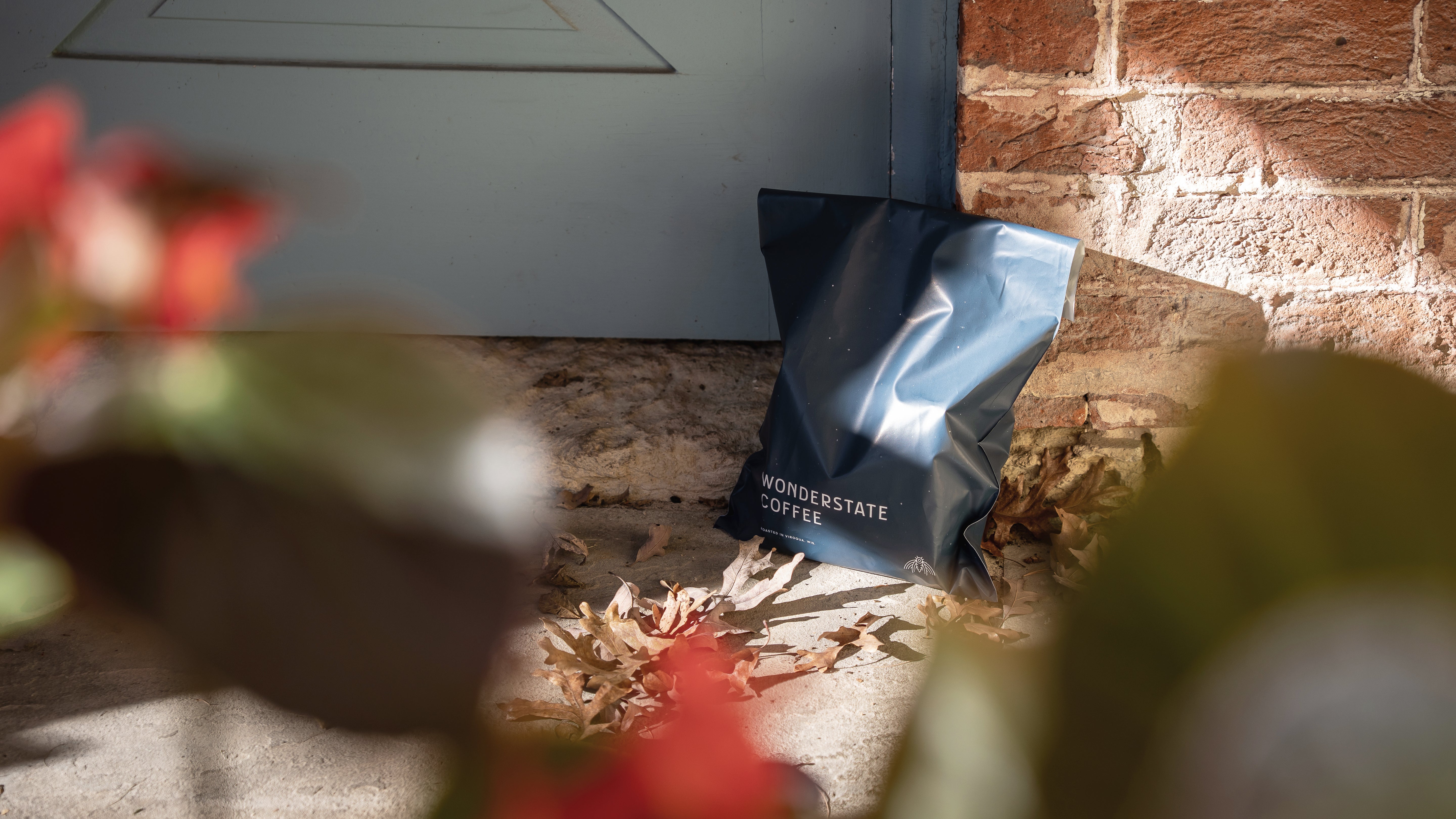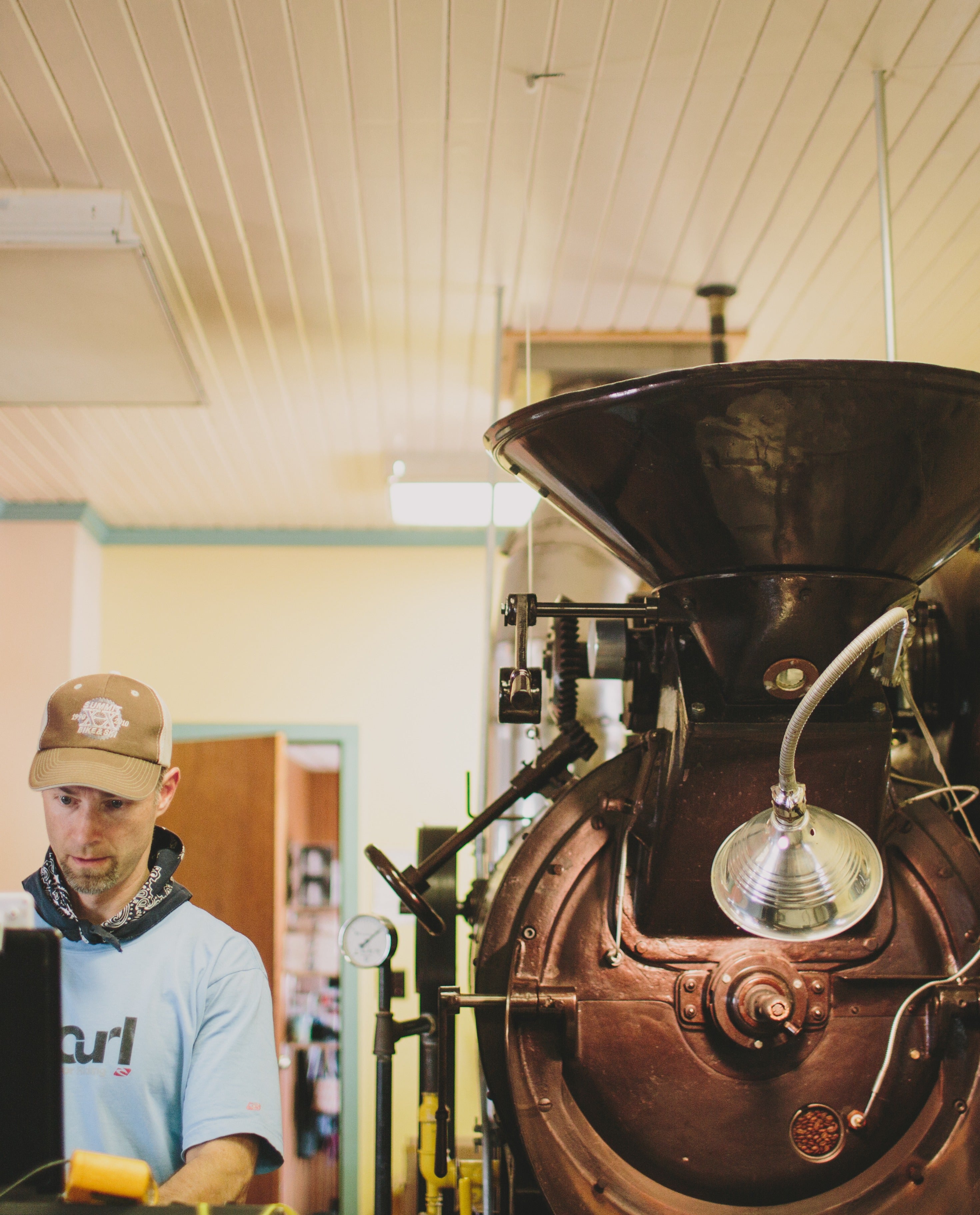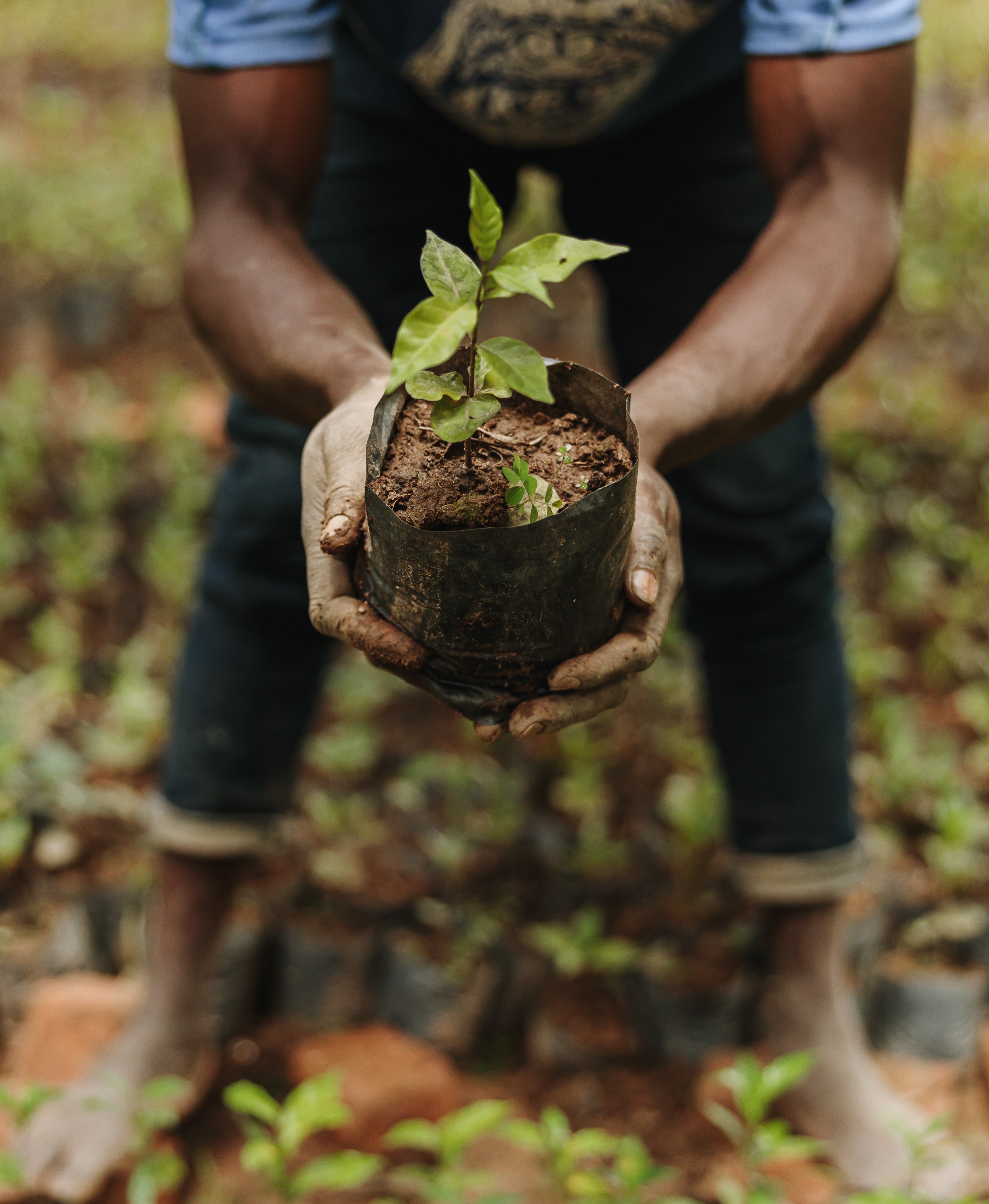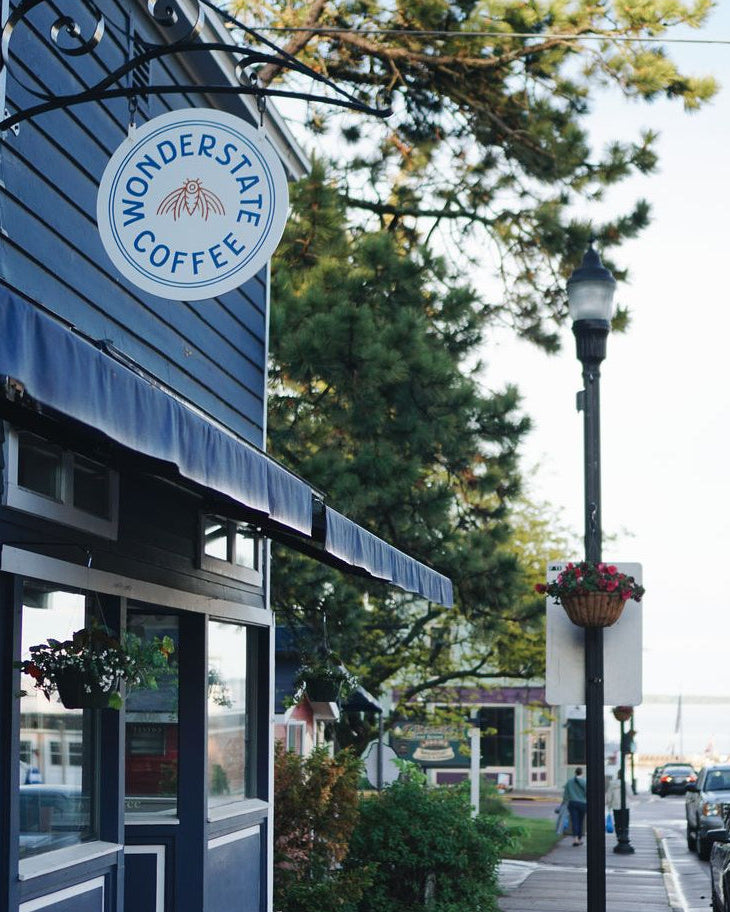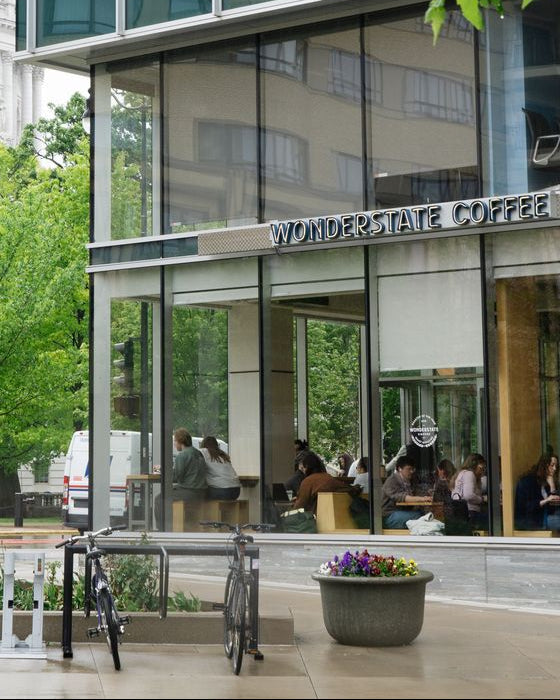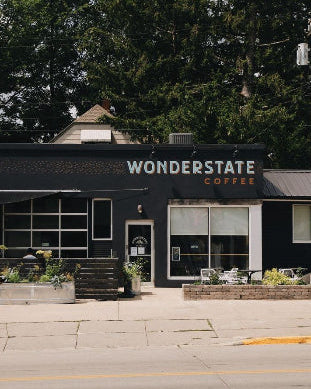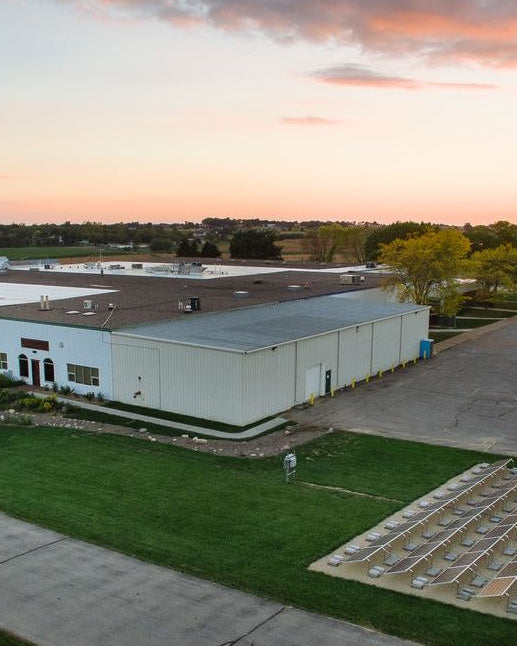
An overseer sits in the shade while workers collect coffee beans on a Brazilian plantation, circa 1750. Hulton Archive/Getty Images
The story of coffee, like most global commodities, is inexorably linked to the story of imperialism and colonization. And, thus, it is tethered to a history of Indigenous peoples’ displacement and forced labor around the world. But only by facing this brutal narrative can we can hope to challenge it.
Since our founding in 2005, we have been committed to build longstanding partnerships with Indigenous communities through our purchasing model. By prioritizing direct relationships with small-holder farmers and democratically-run farmer cooperatives––and pushing against our industry’s reliance on large scale plantations that often rely on the cheap labor of local peoples––we have been able to cultivate a vast network of producers working to escape the long shadow of colonial production. Many of these producers, including those belonging to our oldest partnership with the Fondo Paez Cooperative, are of Indigenous descent.
Two young Paez men work at the Fondo Paez Cooperative's bodega, receiving green coffee and overseeing quality control.
The numerous Indigenous groups we partner with span continents and vastly different social contexts. But they are united in that they all use coffee as a means of supporting their livelihoods and economic independence. This work is done––often explicitly––in service to a larger goal: to secure a resilient future for their peoples and their right to cultural sovereignty. By building contracts that offer transparency and industry-leading compensation, we are able to do our small part to support the health of their communities.
But plenty of the challenges these groups face aren't addressed by our sourcing model––from systemic inequity, to ecological sustainability, to access to more fundamental necessities. That’s why we’re committed to supporting non-profit partners working in coffee producing communities to fill that gap.

A group of On the Ground's Gender Action Learning System Champions (GALS) and coffee producers with a coffee branch. Image courtesy of On the Ground.
Providing access to clean drinking water, combating severe gender inequity, building schools, and restoring coffee fields are examples of the necessary work taken on by our friends and long-term partners at On the Ground. Every year, On the Ground is hard at work in developing regions addressing difficult challenges head on, fighting for the belief that “sustainable coffee begins where inequity ends.” That's why, every year, we contribute to their work through donations and coffee purchases.
For the last several years, our Project Congo coffee has channelled thousands of dollars of support to On the Ground and the gender equity work they've been leading in the Democratic Republic of the Congo. On the Ground is working with farmer groups in the South Kivu region, offering increased educational opportunities, gender equity training, and the potential for financial independence to hundreds of women. This year, On the Ground will launch a pilot program that will include 100 husband and wife couples from the Muungano Coffee Cooperative. This initiative will provide the training and tools necessary to break the cycle of poverty for these farmers and their families.
Project Congo is just one of countless initiatives On the Ground has led to support coffee producers and their families.And numerous other non-profit and farmer organizations are also dedicated to creating new, grassroots solutions to the most critical issues facing these communities

Green coffee being received at ADIPY's warehouse. ADIPY, a farmer-organized growers association, belongs to the CODECH Cooperative in Sierra de los Cuchumatanes, Guatemala. Over the years, we've purchased coffees from three of CODECH's higher altitude associations: ADIPY, ADAT, and ADINTHEC. These associations collect coffee from the Canalaj and O'ejnhah communities, which are made up of the Indigenous Popti, Mam and Q’anjob’al branches of the Mayan People.
No one person, or organization, has the answers to how to rectify the inequity embedded in the story of coffee. But, collectively, we can commit to asking the hard questions, elevating the organizational work and economic autonomy of farmers, and re-envisioning the future of coffee. One that supports the producer communities it relies upon.
Read more

Marchers celebrate the first Indigenous Peoples Day in Berkeley, Calif. on October 10, 1992. Paul Sakuma/AP The first Indigenous Peoples’ Day was celebrated in Berkeley, California in 1992, on th...

A sweet & smoky take on a whiskey flip... Dare to switch up the flip? A more than 300-year-old category of drink, today a flip is known as a frothy mixture of spirit or fortified wine, sugar...

